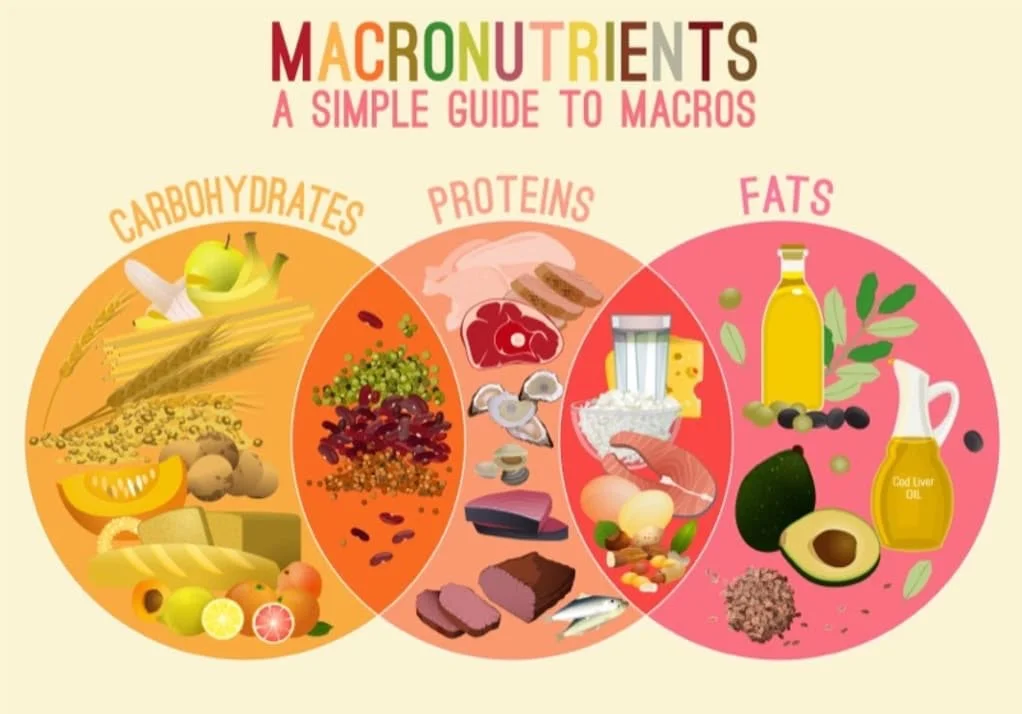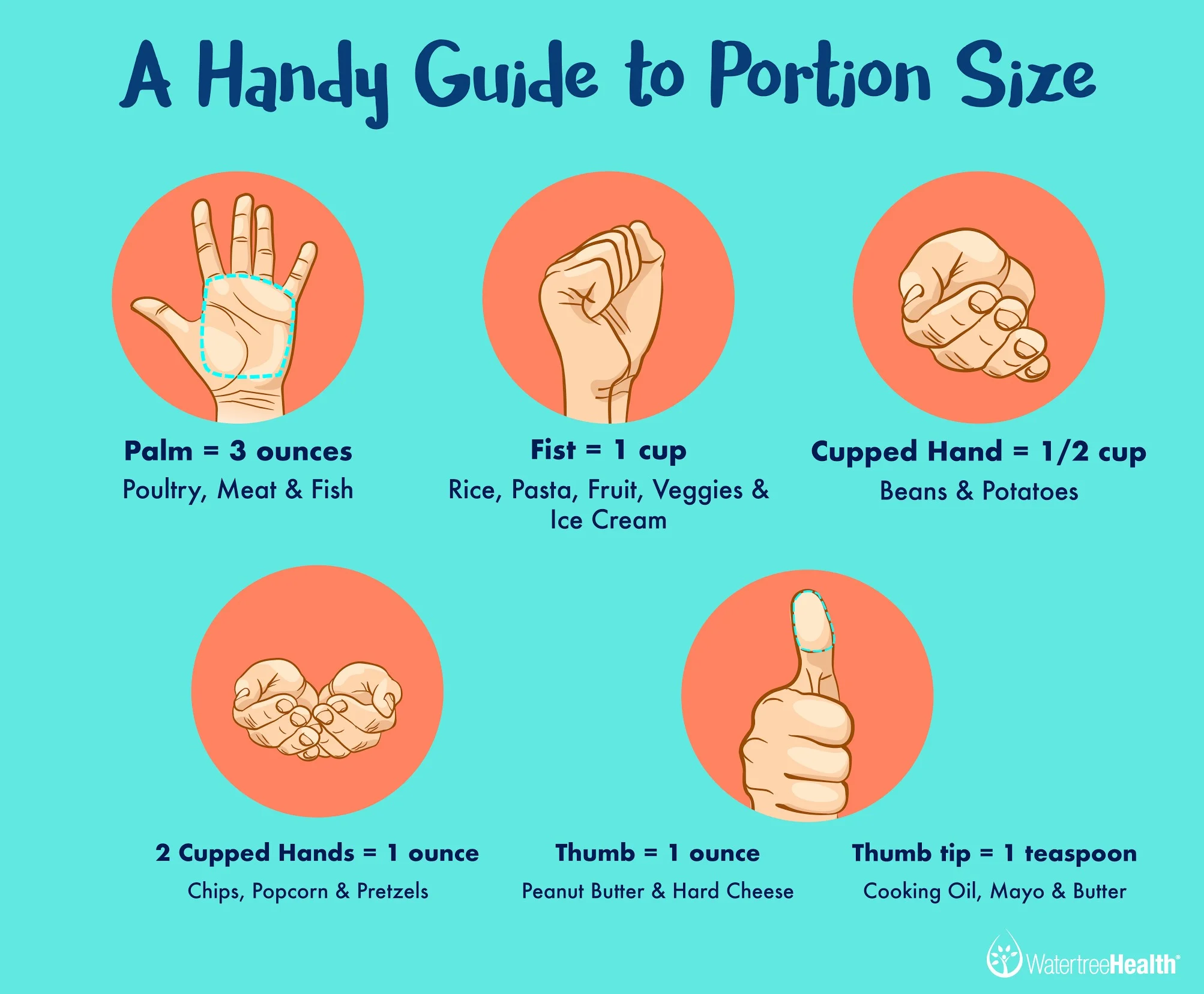Synchro Nutrition 101
/Let’s talk about NUTRITION! I’ve asked former synchro swimmer and Registered Dietitian Katie Spada to provide a basic overview of nutrition. If there is enough interest, we may do another post diving in even deeper into synchro-specific nutrition.
Katie Spada was a member of the inaugural 13-15 National Team in 2008, as well the 2009 Junior Pan American National Team, and the 2010 Junior Worlds Team. She was a student-athlete at The Ohio State University where she was fortunate enough to be a part of two national championship teams. After college, Katie transitioned out of synchro and became a Registered Dietitian. For the last two and a half years, Katie has worked mostly with the pediatric and neonatal populations in a hospital setting. Outside of her clinical job, Katie is an instructor at the local community college and is working towards her Master's Degree in Sports Nutrition. Katie's passion project is her business Spada Strong Nutrition, where she focuses on helping retired athletes transition their nutrition habits in life after sport using mindful and intuitive eating practices. Katie is extremely passionate about nutrition and serving the retired athlete community!
1) What are macronutrients and what do athletes need to know about them?
Macronutrients are the energy components of food that support growth and sustain life (a fancy way of saying the building blocks of our food and therefore, of our bodies)! The difference between macronutrients and micronutrients is that macros provide energy and can support growth, and micros, while essential to the function of our bodies, do not.
The three macronutrients are carbohydrates, fats, and proteins and each one contains a certain amount of calories (aka energy) per gram:
Carbohydrates: 4 calories/gram - fruit, crackers, toast, rice, pasta, quinoa, beans, cereal, oatmeal
Protein: 4 calories/gram - chicken, fish, eggs, pork, beef, beans (yep! Beans are both a carb and a protein), nuts, seeds, dairy such as milk and yogurt (also a carb)
Fat: 9 calories/gram - avocado, olive oil, nuts, seeds, full-fat dairy products (the trifecta of carbs, protein, and fat).
All three macronutrients are important for adequate fueling and performance as an athlete because:
Carbohydrates are our bodies preferred source of energy!
Protein repairs muscle breakdown.
Fat plays a major role in hormone production (essential as a female!).
2) Let’s say I have a 4-hour synchro practice on a Saturday morning. What nutrients do I need before and during practice to optimize my performance? What should I eat after practice to make sure my body recovers?
Before practice: you need quality carbohydrates for energy! Limit proteins/fats/fibers (although don’t completely eliminate) due to the increased chance of GI (gastrointestinal) distress. Digesting fats/proteins/fibers takes a lot of energy, which can take away from using that energy during practice. For example, you can eat whole wheat toast or an English muffin with a little peanut butter and fruit preserves. Oatmeal with a scoop of nut butter, cereal with milk, or a fruit smoothie with greek yogurt are also great options that will give your body the fuel it needs to endure a synchro practice and will sustain your energy level.
During practice: sometimes eating during practice can cause GI distress, especially in synchro where we are upside down a lot of the time. Your stomach can feel uneasy if you eat solid foods so in those instances I recommend liquid energy (sports drinks, smoothies, gel packs, etc). For each hour of practice, I would recommend ~ 15g of carbs to provide consistent energy for performance. If eating during practice upsets your stomach, stick with the sports drinks! If not, feel free to bring an energy bar to munch on during water breaks.
After practice, the focus should be on carbs AND protein: carbs to replenish the energy used and protein for muscle repair and growth. Some good post-practice meals are scrambled eggs and toast, a turkey sandwich and a piece of fruit, or grilled chicken with rice or quinoa. It is extremely important to be fueling enough after training so that your body can repair and be ready for the next practice!
Here’s an easy breakdown: intense training day - 4:1 ratio for carbs to protein, moderate training day - 3:1 ratio for carbs to protein, light training day - 2:1 ratio carbs to protein. In essence, on days that you’ll be training longer or harder, your body will need more carbs to use for energy and endurance than on light or off days.
3) How do you know how much you should eat?
I believe in a mindful and intuitive eating approach that relies on your hunger and fullness cues to know when to eat and when to stop. That being said, it can often be hard as an athlete to honor your hunger cues due to practice times, schedules, etc.
In general, the recommendation for portion sizes is 4 oz of meat for protein (the size of a deck of cards), 1 cup of carbs (i.e. rice, pasta, etc), and 1 tbsp (of the size of your thumb) for fats per meal. Nutrition is very individualized and you should work closely with a dietitian to better understand the exact needs of your body for your training schedule, as well as your nutrition and performance goals! What works for me may not work for you, and that is okay!
4) How much water should you drink throughout the day and during practice?
The general rule of thumb is to take your body weight and divide it in half - that’s how many ounces of water you should drink a day. For example, someone who weighs 120 lbs would need a minimum of 60 ounces of water. When shopping for a water bottle, check how many ounces it holds so that you know how many bottles you should be drinking in a day - water tracking made easy!
**MK - I love this Hydroflask. It holds 40oz and is perfect for the poolside.
During practice, it is recommended to drink 4-6 ounces every 20-30 minutes during intense activity. However, we all know that sometimes water breaks as less frequent during a synchro practice. Try to avoid chugging water on the side of the pool to prevent upsetting your stomach. Small sips throughout practice is better than nothing, and then you can replenish after practice with a minimum of 24 ounces.
**MK - If you are a coach, please make sure you are giving your athletes water breaks at least once an hour. If an athlete is not properly hydrated she most definitely won’t be performing at her best.
It’s hard to determine sweat loss in a pool. I recommend using the color of your urine as a good hydration indicator (light yellow is hydrated, dark yellow is dehydrated, and if you’re orangish brown, you have a lot of catching up to do!)
5) Sports drinks - yay or nay?
If physical activity is going to be > 60 minutes (as most synchro practices are) I would recommend drinking ~12 oz of a sports drink for electrolyte replenishment/hydration (or a minimum of 15-30 grams of carbohydrates in your sports drink) per practice. For physical activity < 60 minutes, water will do just fine!
*MK - I was OBSESSED with Cytomax while training for the Rio Olympics. I sipped on it all throughout practice and never felt hungry or like my stomach was empty. I’d get the powder on Amazon and do about one scoop per 40oz water bottle. I took it everywhere we traveled in a ziplock baggie - it’s a lifesaver when you’re on the road!











